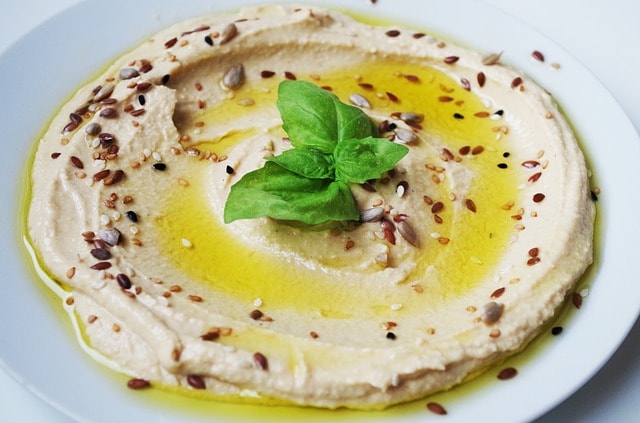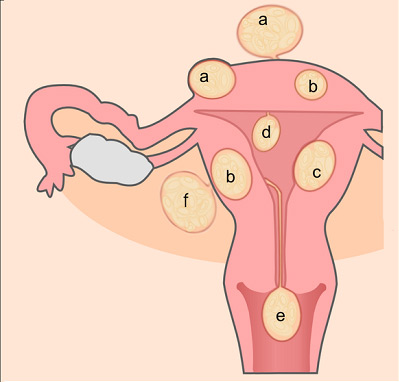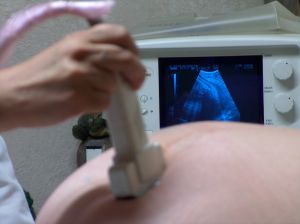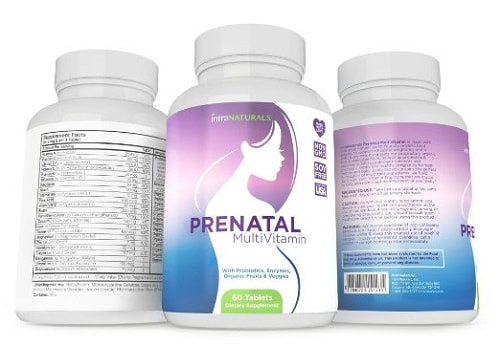What to eat when you’re expecting can dictate whether or not your baby will have a healthy start in life. This is why the American Pregnancy Association recommends a diet of a variety of vegetable, fruits, low-fat dairy foods, whole grains, and lean protein sources.

Chickpeas or garbanzo beans are a type of legume that offers a range of health benefits, such as a boost digestion, increased stability, and stable blood sugar levels. That is why it has been part of some of the diet of some of the healthiest populations living around the world.
It is the main ingredient in making hummus.
Does this mean it is safe to consume while you’re pregnant?
The answer is a bit contradictory, with some saying it is a healthy snack for moms-to-be while others advice on eating it with caution when expecting.
Benefits of Hummus
1 cup of chickpeas contains:
- 17% zinc
- 26% iron
- 28% phosphorus
- 17% folate
- 84% manganese
All of these are required for a healthy pregnancy.
In addition, it contains 4.2 grams of fat, 12.5 grams dietary fiber, 14.5 grams of protein, and 268 calories.
When consumed during pregnancy, chickpeas will:
Keep obesity in check, making it a good choice to maintain your waistline.
Ensure you stay in good health by reducing the risks of heart attack and boosting your energy levels.
Provide you with the nutritional requirements you need when you’re expecting, such as higher amounts of vitamins, minerals, protein, and fiber.
Serve as a rich source of vitamin B6 and iron (26% with a cup of serving) that are highly essential for the growing fetus, and choline for brain and nerve developments.
Provides a good source of manganese that aids in a baby’s skeletal development; and copper, zinc, and selenium, all natural antioxidants that help ensure a baby is safe from the damage brought on by free radicals.
Possible Dangers of Hummus
The problem lies in the source of hummus.
A 2016 study published in the Journal of Food Protection revealed that store-bought or commercial hummus can become a source of the bacteria Listeria monocytogenes (L. monocytogenes). This can lead to Listeriosis, a dangerous infection that affects more than 1,500 people each year and is more dangerous for moms-to-be.
- Listeria monocytogenes are commonly found in the following sources:
- Refrigerated, ready-to-eat foods (meat, poultry, seafood, and dairy)
- Unpasteurized milk and milk products, as well as foods made with unpasteurized milk
- Produce harvested from soil that is contaminated with L. monocytogenes
Foods from animals that carry the bacterium but do not appear ill
Pregnant women, newborns, older adults, and anyone with a weakened immune system are more vulnerable to Listeriosis than healthy adults.
According to the Centers for Disease and Control Prevention, expectant mothers are about 10 times more likely to get Listeriosis. In fact, the estimated 1/7 cases of Listeria happened in pregnant women.
When you’re expecting, your immune system is less rigorous in responding to threats. This means your body’s protective mechanism can reject a growing fetus when compromised with Listeria.
This can result in stillbirth, miscarriage, or premature delivery.
Miscarriage due to Listeriosis can happen during the first trimester but has an increased risk as pregnancy progresses to the third trimester.
If late infection occurs on a fetus, a wide range of health problems could develop. These include paralysis, intellectual disability, blindness, seizures, or impairments of the heart, kidney, or brain.
It can also lead to low birth weight or infant death.
Newborns may also have meningitis or blood infections due to the bacterium L. monocytogenes
For this reason, experts recommend proper consumption of hummus.
It would also help to be on the lookout for symptoms of Listeriosis, which is similar to mild flu.
How to Best Consume Hummus When Pregnant
- Make your own instead of buying the commercial kind.
- Opt for fresh hummus instead of the store-bought products.
- It must be eaten within 2 days of making or opening a can of hummus.
- Must be stored in the fridge.
- Buy organic and non-GMO chickpeas when making your own hummus.
- Always consult your doctor before hummus consumption when you’re pregnant.



